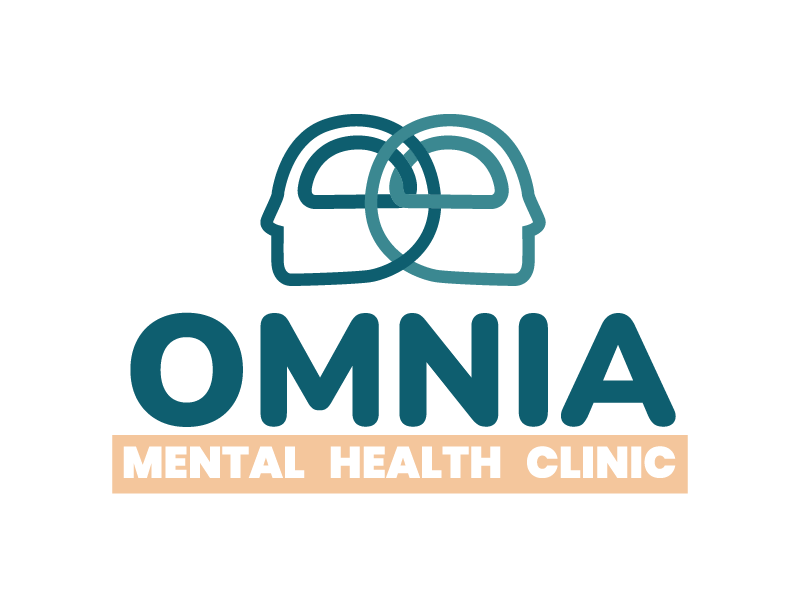
Addictions
What Is a Substance Use Disorder?
Substance use disorder (SUD) is a complicated condition in which a person uses a substance without thinking about the consequences. People with SUD have a strong desire to use a certain substance(s), such as alcohol, tobacco, or illegal drugs, to the point where their ability to function in daily life is harmed. Even when they are aware that the substance is harmful, people continue to use it. The most severe SUDs are sometimes called addictions.
According to the National Institute on Drug Abuse, people begin taking drugs for a variety of reasons, including:
- to feel good — feeling of pleasure, “high” or “intoxication”
- to feel better — relieve stress, forget problems, or feel numb
- to do better — improve performance or thinking
- curiosity and peer pressure or experimenting
Symptoms of substance use disorder are grouped into four categories:
- Impaired control: a craving or strong urge to use the substance; desire or failed attempts to cut down or control substance use.
- Social problems: substance use causes failure to complete major tasks at work, school, or home; social, work or leisure activities are given up or cut back because of substance use.
- Risky use: substance is used in risky settings; continued use despite known problems.
- Drug effects: tolerance (need for larger amounts to get the same effect); withdrawal symptoms (different for each substance).